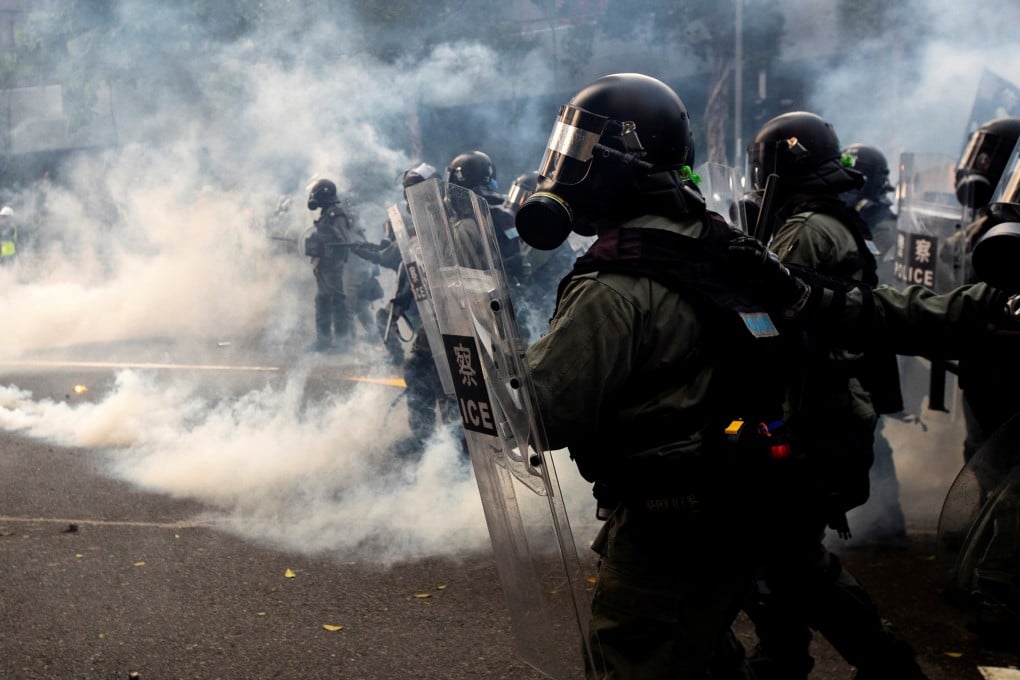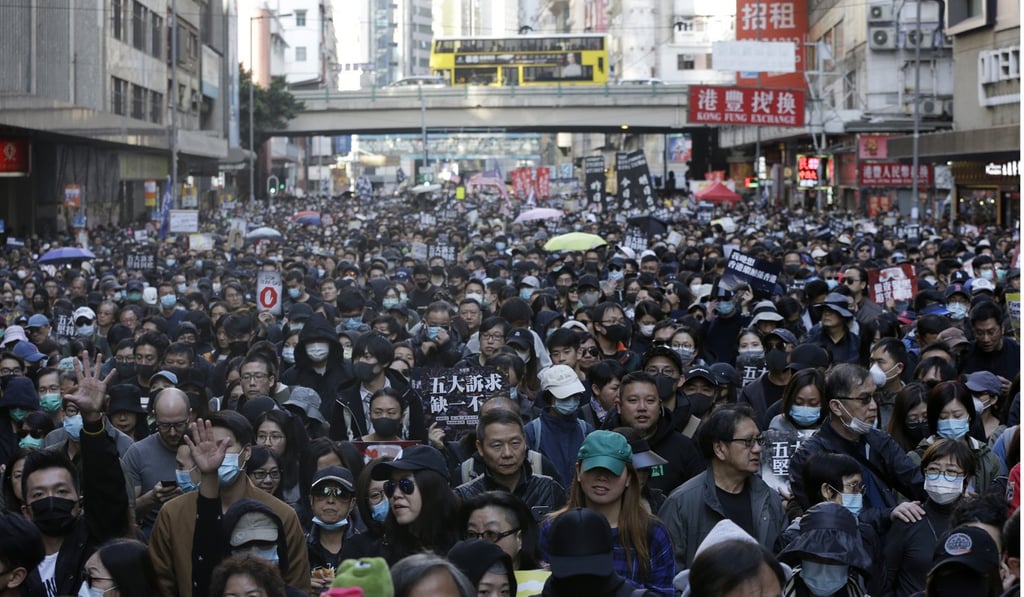Opinion | Don’t cry for Hong Kong. Say sorry and fix our problems
- The worst one can do is to raise an accusing finger. It is time for all sides to self-reflect, apologise, and fix our problems
- Hong Kong needs a long-term vision to reform economic policies and balance the interests of all classes

However, Hong Kong survived the unrest in the past and each time emerged stronger and more determined to reach new heights of shared prosperity and happiness. Do not cry over our beloved Hong Kong; it is up to us to exercise constructive dissatisfaction. Hong Kong can be better, and its people can make it so.

In life, the worst time is the best time for reconciliation and cooperation to rebuild. The worst one can do at this juncture is to raise an accusing finger. It is time to self-reflect. All politicians and civilian groups should ask themselves whether they have, individually or collectively, contributed to the mayhem due to their decisions and behaviour now or in the past, no matter how noble their original motivation might be.
We should believe in ourselves: Hong Kong people can fix Hong Kong’s problems. We can become a shining example to the world about what an intelligent community with a coherent spirit can do – be our own rational master which chooses to do the right thing. The world will applaud.
